- Home/
- How Can We Help Rural India Fight COVID-19 Crisis? Experts, Corporates, Start-Ups Offer Solutions
How Can We Help Rural India Fight COVID-19 Crisis? Experts, Corporates, Start-Ups Offer Solutions
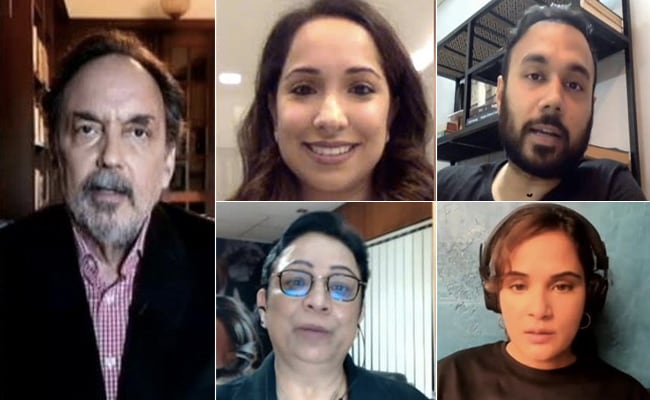
A catastrophic second wave of COVID -19 infections has brought India together, united in grief and pain, but with an overwhelming desire to help each other through the toughest of times. As India braces for a possible third wave, the time for us to stand together once again, is now. India's Helping Hands is raising funds for resources that will be critically required should a third wave hit. The funds will be used to protect the people of rural India from the severity of the third wave. In the long term, the funds will help skill people and make them self-sufficient once more. It will also help set-up child-friendly COVID centres and run vaccination drives in vulnerable districts of rural India.
As a part of the campaign, a 2-hour special telethon was organised and experts, social workers and celebrities came together to discuss on how together the community can help protect rural India from COVID-19 crisis. Joining the telethon with NDTV's Dr Prannoy Roy, Richa Chadha, Actor explaining the importance of doing something for others in these tough times, said,

Actor Richa Chadha talks about COVID-19 third wave in India and what should authorities do to tackle it well
The Healthcare system in rural areas is exposed and it shows we haven't paid any attention to it. We were doing a story of one village in Delhi - where a plumber, electrician, a mechanic made oxygen flow with glucose sipper. As a result, of 6,000 only 2 people died. It shows how within communities, people can help individuals. Overall, we have to focus on healthcare infrastructure to avoid the third wave. I like how Mumbai has prepared 7,000 beds already and is getting prepared for the third wave. We have to learn from our past mistakes and strengthen the healthcare system. We have to strengthen our networks and work for the future.
Explaining ChildFund's role during COVID-19 second wave in India, Neelam Makhijani, CEO & Country Director, ChildFund India added,
When the first wave hit there was a lot of uncertainty. ChildFund quickly responded to hunger and poverty. We did food basket, nutrition packages, community kitchen. We also did a lot of work around nutrition and hygiene. After the first couple of months, we went into providing livelihood support as people lost job which pushed them into hunger crisis. What we have done with Project HOPE is help set up 100 primary healthcare centres with medical equipment in rural India. Primary Healthcare Centres are the first to support system. Project hope supported us and in less than 2 months we have put healthcare infrastructure in 100 primary healthcare centres and save lives of 1 crore people.

Neelam Makhijani, CEO & Country Director, ChildFund India explained how the NGO is helping communities battle COVID-19 crisis
Ms Makhijani also highlighted the discrepancy of healthcare system for children and healthcare services in rural areas of the country. Giving statistics, she added,
40% of the population is under 19 years of age. 90,000 ICU beds for adults but only 2,000 for kids. From first and second wave, there has been increase in children being affected by 5 times. India has 62% vacancies of paediatricians in rural areas. We have 37% of children in India who are malnourished. We are working towards setting child-friendly covid centres, which are equipped with all essential services.
Talking about India's fight against coronavirus, Tom Cotter, Director of Emergency Response & Preparedness, Project HOPE said,
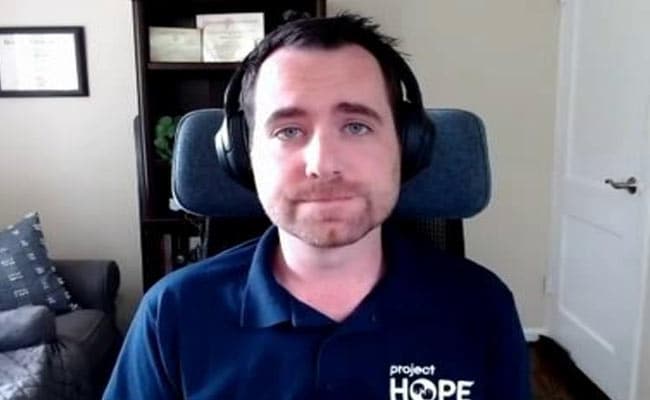
Tom Cotter, Director of Emergency Response & Preparedness, Project HOPE talks about COVID-19 lessons from India
What we are going to end up doing is taking lessons from India and exporting to other countries. Lessons remain the same - importance of vaccination, not letting guards down, social distancing, masking, PPE. To save lives we need to support healthcare workers and make sure they have the tools they need. When you work for children, you not only invest in the present but future also. That's a lesson that will be share around the world. The world is looking at India how this will be handled.
Harsha Koda – CoFounder, Federation of OMR Resident Associations, Chennai also joined the Helping Hands Telethon and talked about how resident welfare associations used WhatsApp to coordinate relief efforts during the second wave of COVID. Mr Koda said,

Harsha Koda – CoFounder, Federation of OMR Resident Associations, Chennai on COVID-19 lessons from the second wave
It is important to be prepared for the third wave. We need to learn from our mistakes from the second wave of Covid-19 crisis and move ahead.
Talking about how his initiative is helping people in need during the COVID-19 times, Chef Saransh Goila, Covid Meals For India said,

Chef Saransh Goila started a service Covid Meals For India where a WhatsApp chatbot number, +91-8882891316 was deployed to help out COVID-19 patients with home cooked meals
If you are a COVID patient and are stuck at home and you don't have resources to feed yourself daily, this WhatsApp chatbot 8882891316 will help you with home-cooked meals, no matter where you are in India. It's a network of home chefs and volunteers. We have about 4,200 volunteers in 400 cities. If one can't go out and help people, they can do so from the comfort of their home. To help, all one need to do is register themselves on the platform. People can also reach out to me on social media and I will help them. We started via a website and fed over 2 lakh people.
Talking about rural India and COVID-19 crisis there, Dr Srinath Reddy, President, Public Health Foundation of India said,

Dr Srinath Reddy, President, Public Health Foundation of India on vaccine hesitancy in rural areas of India
In rural areas, there is a lack of knowledge about the COVID-19 disease and the protection one gets from a vaccine. Secondly, in rural areas, it is not easy to register for vaccination. Some people don't have smartphones and those who do have one, don't know how to use them properly and register themselves. All this is affecting the acceptance of vaccines by the people. Lack of knowledge about vaccines and lack of trust in vaccines is resulting in vaccine hesitancy. But, we have to try to build the confidence of people on vaccines, increase their knowledge and help them in registration. We should try to administer vaccines close to the village and house. Otherwise, it will be very difficult for people to travel to faraway places for vaccination.
Sonali Fabiani, Founder, @Altry_GiftsThatMatter who donated 9 lakh towards Helping Hands initiative, said,

We need to do a lot more to fight vaccine hesitancy: Sonali Fabiani, Founder, @Altry_GiftsThatMatter
I realised very early on how bad COVID is going to hit. We provided COVID relief however we could, whether through a fundraiser or verifying COVID leads, especially during this wave we had to verify the oxygen provider, where were beds available, etc. While the situation kept changing, one thing that was constant was the need for help. The last wave was about food, this was about needing oxygen. We are currently working on funding vaccination. The goal is to vaccinate 1 million people in rural India. We are also working on creating content to help them understand why they should take vaccine, as there is a lot of hesitation.
Pratibha Pandey, Sr. Specialist, Health, ChildFund India added,
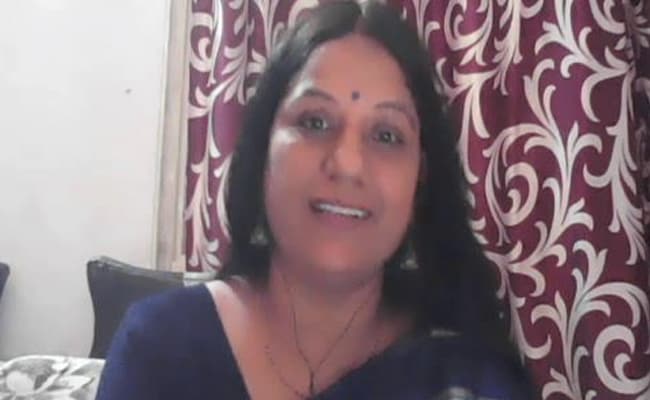
Pratibha Pandey, Sr. Specialist - Health, ChildFund India talked about the three-pronged approach to prepare rural areas to fight Covid-19
We always say samridh India is possible when we all are swasth (healthy). 65% of the population is in rural India. It seems the primary health system and services in India are still developing. The quality of care is very poor. There are different data that suggest there are 3.2 government hospitals per 10,000 patients. Bihar has only 0.6. COVID has given a lesson. It's a wake-up call that most important part is healthcare. I will suggest 3 prompt approach - Invest and promote healthcare providers, mass education programmes and lastly create a strong surveillance system that can help us reduce fatality. We have a huge system of ASHA workers, if we can utilise them, it would be great. Not just doctors, shortage of nurses needs to be addressed too in our country.
Talking about COVID and pregnant women, Rekha Sharma, Chairperson, National Commission for Women said,
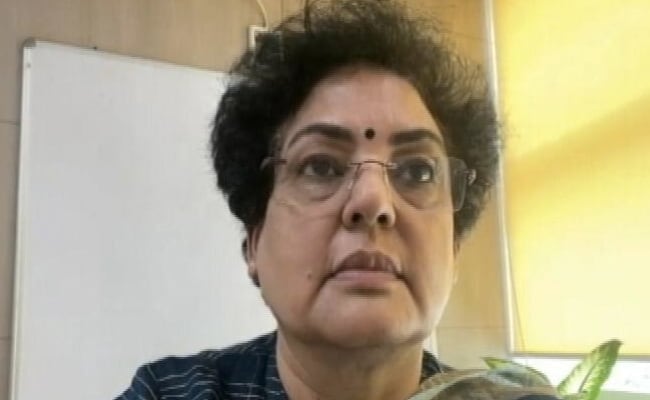
Rekha Sharma, Chairperson, National Commission for Women talks about how they started with the helpline to help pregnant women from COVID crisis
In the second wave, many pregnant women were affected. I must say that we got only the tip of the iceberg. I can say we could help only 900 women. They could only reach to us, but I think many, many women were affected in this second wave. But whatever requests came to us, in that period, we started this women helpline. And till today we got around 900, 898, requests we received. And, with the help of states, other states, state commissions, health authorities, police, we could help all 900 of them. There are multiple stories. After helping women, we got emotionally connected with them. Whenever any woman got help from us and recovered from covid or delivered a baby, they would send us pictures. And as and when a picture would come on our WhatsApp group, everyone would be elated. We have multiple happy memories. But there are also stories where women got help but very late, there were two women, because we got complaints at a later stage. Unfortunately, we lost those women.
Stressing on the fact that India needs to prep up for a third wave, Dr. Uddhav Khilare - MD Paediatrics, Secretary of Covid Task Force, Navi Mumbai Municipal Corporation (NMMC), Paediatrics department added,
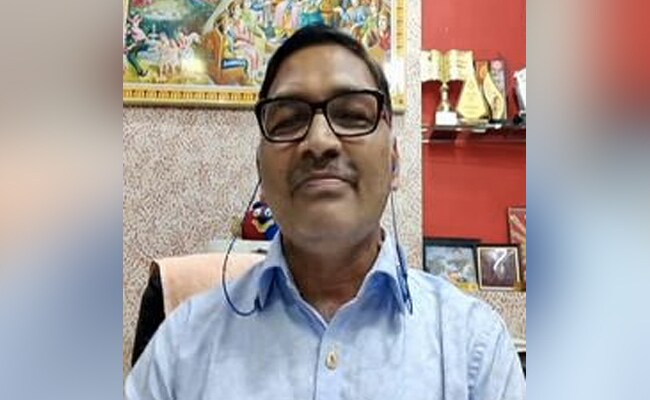
Dr. Uddhav Khilare - MD Paediatrics, Secretary of Covid Task Force highlights the importance of protecting our children from the third wave of COVID-19
It's not new that children are being affected. Why children are vulnerable? Because they are unable to follow rules. For children below 5 years it is difficult for them to follow precautionary measures. For children below 5, they have S receptor in the lungs which is less in number. This receptor is important to fight COVID-19. We have hardly seen any severe cases in children. But yes, we have to prepare for the third wave, below 18 are not getting vaccines so we have to be careful.
Abhishek Singh, CEO, MyGov, Ministry of Electronics and Information Technology (MeitY), Government of India,
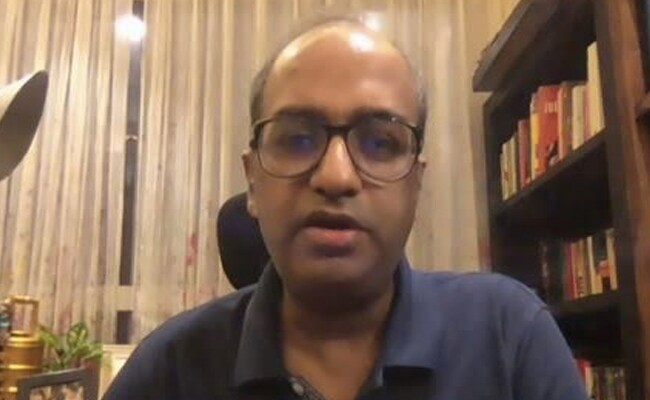
Abhishek Singh, CEO, MyGov talks about how the government decided to bust myths regarding COVID-19 and vaccination through WhatsApp chatbot
Last year when we got COVID and we started COVID communication. Now quarantine, etc have become a part of our language. Rewind to feb-march 2020, a lot was not known. We started communication on mygov, we realised if we have to reach a large number of people then 450 billion are using WhatsApp. We decided to build WhatsApp chatbot. We reached 50 million users in 10 days. The idea was to give right and authentic information to everyone – what are the symptoms, myths, how to fight fake news and let people know where the help is available. Now we give info on vaccination also. You put your pin-code and slots will be shown. Initially, it was only in English but on March 26 we launched it in Hindi.
also read
Odisha's WhatsApp Helpline Provides Citizens With Verified Information On COVID And Vaccination
Edited by Aishwarya UpadhyayIntrobot, WhatsApp Chatbot Helped Addressing SOS Queries Of People On Oxygen, Beds And Others
Edited by Barkha MathurFrom Monitoring COVID Patients At Home To Giving Medical Advice, Here's How Punjab Used Technology In The Fight Against COVID-19
Edited by Aastha Ahuja
Thank You Donors
Money Raised So Far
*Please Note
 Helpline Numbers
Helpline Numbers

My Gov Vaccine Locator
+91-9013151515MyGov is a citizen engagement platform founded by the Government of India

NCW Expectant Mothers’ Helpline
+91-9354954224National Commission for Women's 24×7 helpline number provides medical assistance to expectant mothers
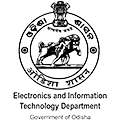
Odisha Chatbot
+91-9337929000WhatsApp chatbot helps citizens search for a vaccine slot, get updated information on beds and oxygen availability

KMC Chatbot
+91-8335999000WhatsApp chatbot helps book vaccination appointments
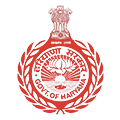
DC Gurugram Helpline
+91-9643277788Dedicated WhatsApp COVID-19 helpline to provide citizens access to a central repository of all COVID-19 resources

Greater Chennai Municipal Corporation
+91-94999 33644The helpline number helps people with COVID related FAQs, availability of beds, oxygen, tests, doctor consultation

Robinhood Army
+91-8971966164Helpline for Senior citizens to easily get connected to a volunteer who can help them with the COVID-19 vaccination process
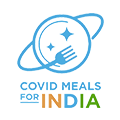
COVID Meals For India
+91-8882891316A chatbot that helps COVID patients and healthcare workers connect and order meals from volunteers

COVID Asha Bot
+91-7676522535COVID Asha chatbot provides real-time verified information on oxygen procurement, refilling, and ambulance services

X-Ray Setu
+91-8046163838A free-to-use AI-driven platform to aid doctors for early COVID interventions over WhatsApp

India Shield
+91-9082328320India Shield's helpline aims to support COVID-19 patients in need and provide authoritative information




